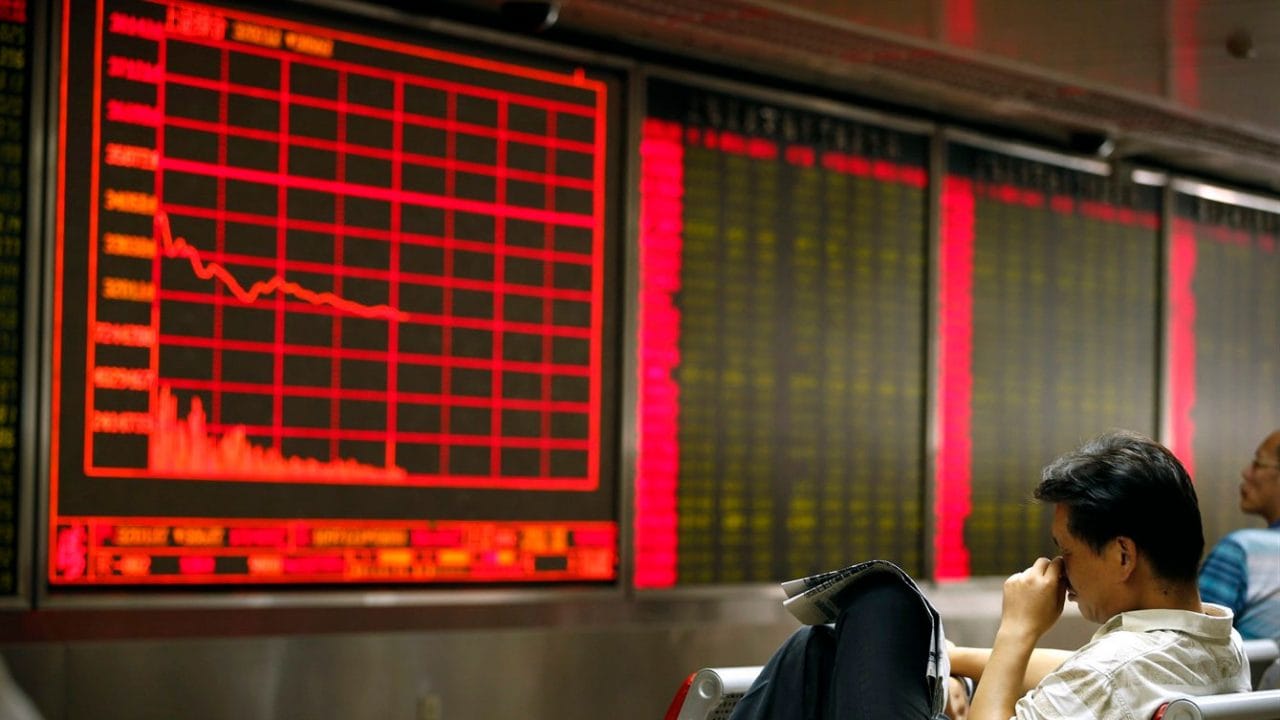
Recently, global index supplier MSCI announced its decision to increase the weighting of Chinese onshore stocks (‘A shares’) in its indices over the next 18 months. An unexpected strategic movement that will probably bring more attention from international investors. But what underlies behind the movement in the Chinese onshore stock market?
To start with, the resultant inflows of capital to the A shares market is unlikely to create much of a splash in the near term versus the size of the current overall market (Shanghai Shenzhen CSI 300 Index worth around $4.5trillion). The dial for A shares is more likely to be moved by economic and geopolitical events than by new international buyers, but the true propellers of the market remain domestic retail investors.
According to Jaisal Pastakia, Investment Manager at Heartwood Investment Management, the asset management arm of Handelsbanken in the UK, “The A share market performed strongly in February, rallying by around 16%, taking the market to its highest level in eight months. An easing of regulations appears to have driven the market higher: rules have been revised to allow for a broader array of collateral to be used for certain loans, as well as lowering capital requirements for riskier assets and scrapping an automatic margin call threshold.”
Past performance is not a reliable indicator of future results. Source: Bloomberg
A new chair – Yi Huiman – at the financial industry watchdog is expected to promote looser restrictions on derivative products, as well as further opening up of the market, making it a more attractive route to raising capital. The Chinese authorities have also allowed margin debt (stock market traders borrowing to buy) to rise for the first time in two years, with very positive effects on A share market pricing, primarily attributable to retail money.
“Within portfolios, we maintain our overweight position in A shares, perceiving continued momentum ahead. Nonetheless, we remain watchful for signs of speculative trading or irrational behaviour in this changeable market. Confidence has been knocked by weakening growth of late, but happily there are some signs of stabilisation from a low base, and a nascent turnaround in the availability of Chinese credit should support economic activity. Any concrete news on a US-China trade deal would also help enormously,” he concluded.
Tradersdna is a leading digital and social media platform for traders and investors. Tradersdna offers premiere resources for trading and investing education, digital resources for personal finance, market analysis and free trading guides. More about TradersDNA Features: What Does It Take to Become an Aggressive Trader? | Everything You Need to Know About White Label Trading Software | Advantages of Automated Forex Trading


























![[Tags] china-onshore-market-1024x576 What Has Changed in China’s Onshore Stock Market?](https://www.hedgethink.com/wp-content/uploads/2019/03/info1-1.png)

















